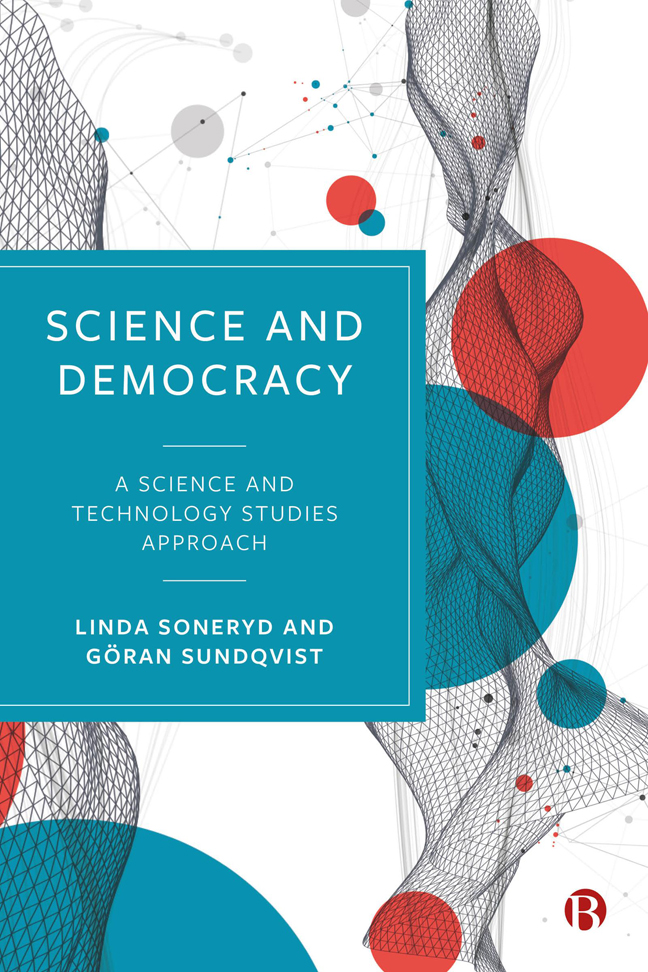2 - Science and Politics as Separate Domains
Published online by Cambridge University Press: 23 January 2024
Summary
Introduction
Science and democracy have emerged as important institutions in modern Western societies. But what do we mean when we say that a society is ‘modern’? Among other things, modernity means that the world is understood in the light of scientific knowledge instead of traditional knowledge and religious beliefs. Scientific knowledge takes precedence over other forms of knowledge and becomes the yardstick from which other knowledge claims are judged. This situation becomes an important part of the characterization of modernity (Beck 1992: Chapter 7).
That science is superior to other forms of knowledge in modern society is only valid on a rather basic level. However, we are expected to accept that the earth was not created in seven days, that all living things consist of one or more cells, and that the dropped coffee cup falls to the ground due to gravity. The limit, or the boundary, of what issues can legitimately be answered from a scientific point of view can never be strictly formulated. Does climate change have human causes? Has extreme weather become more common due to a higher global average temperature? Is a global climate tax the best measure for reducing greenhouse gas emissions? Do we all need to change our individual lifestyles due to climate change? Where in the climate discussion does science end and politics start, and is climate change mitigation a scientific issue at all?
These questions illustrate that it is not obvious what questions science can answer and when science should have priority over other kinds of knowledge. The boundaries between science, values, and political assessments are not sharp in these kinds of issue complex (Hulme 2009). Many issues in relation to topics like climate change are both understood and managed by a mix of scientific knowledge and political assessment. Climate change would not be an issue at all if there was not an underlying value-based assessment that it is of interest to protect planet earth for future generations of human beings.
Modernity and its strong focus on scientific knowledge can be understood from the notion of separation. The anthropologist and STS scholar Bruno Latour (1993) characterizes modernity as a separation of nature (non-humans) from society (humans). This division is fundamental to modern societies and has led to a sharp division between science and politics. In the modern, enlightened society, both science and democracy are highly valued.
- Type
- Chapter
- Information
- Science and DemocracyA Science and Technology Studies Approach, pp. 23 - 41Publisher: Bristol University PressPrint publication year: 2023

